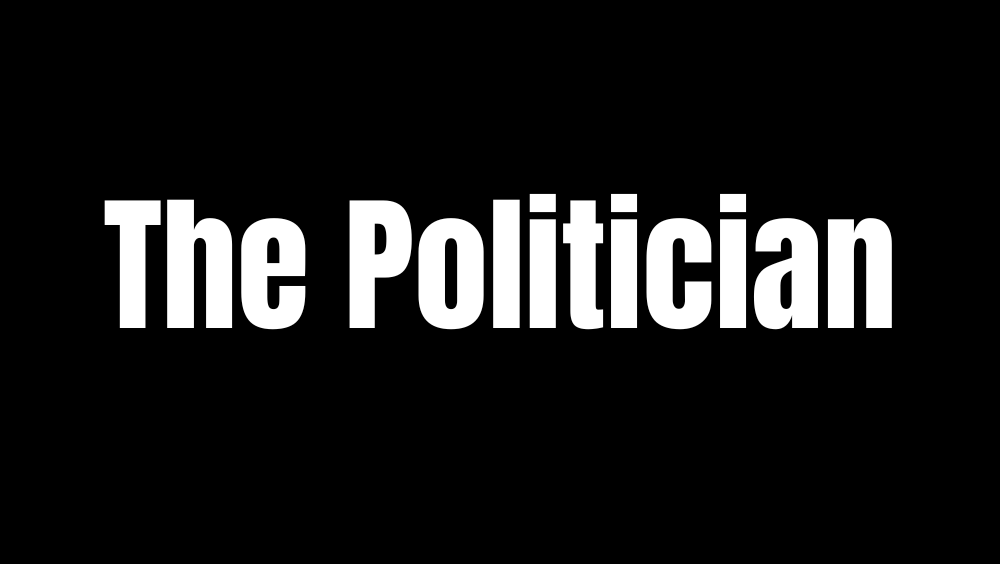Congress Is Poised to Pass ‘No Taxes on Tips’ Legislation. But What Does That Actually Mean?


“No taxes on tips” sounds great for restaurant workers, but it won’t actually do much. Following Tuesday’s unanimous Senate vote in favor of the policy, the plan is more likely to become a reality than ever.
During the 2024 presidential campaign, “no taxes on tips” was the rare policy proposal that both Democratic nominee Kamala Harris and Republican candidate Donald Trump supported. Following yesterday’s unanimous vote in the United States Senate in favor of the legislation, this plan is more likely to become a reality than ever.
But what does “no taxes on tips” really mean, though? And how would it impact restaurant workers? In the Senate’s version of the legislation, workers who make less than $160,000 per year would be able to deduct $25,000 in tips every year on their income tax returns. That sounds great, but experts say that it wouldn’t have much of an economic benefit. Here’s everything you need to know about how “no taxes on tips” might actually work in practice.
What does “no taxes on tips” actually mean?
This is one of those policy proposals that truly is as simple as it sounds — workers who are paid the tipped minimum wage (also known as the “sub-minimum wage”) of $2.13 per hour would not be required to pay federal income taxes on the tips that they receive from customers. The vast majority of these workers are restaurant servers, bartenders, cocktail waitresses, and other service staff, though the Department of Labor’s definition of a “tipped employee” applies to anyone who receives over $30/month in tips, which extends to drivers and other workers who collect tips.
Who supports “no taxes on tips”?
Most elected officials, apparently. Introduced by Texas Sen. Ted Cruz, the No Taxes on Tips Act earned a rare showing of bipartisan support in the Senate. “‘No taxes on tips’ was one of President Trump’s key promises to the American people,” said Nevada Sen. Jacky Rosen in support of the bill during the vote on May 20, 2025. “And I am not afraid to embrace a good idea wherever it comes from. “
When it was first announced in June 2024, Cruz’s bill also earned the enthusiastic support of the National Restaurant Association, the industry’s largest lobbying group. “Tipped employees are a critical part of the restaurant industry, and anything that strengthens their economic condition is a positive for them,” NRA executive vice president of public affairs Sean Kennedy said in a statement posted to Cruz’s website. “The ‘No Tax on Tips Act’ would provide immediate tax relief for more than 2.2 million restaurant employees and their families, putting more money in their pockets at a time when we’re all feeling the squeeze of higher prices.”
“No taxes on tips” sounds like a good thing! Why is it bad?
It does, in fact, sound like a good thing. And it’s not bad, necessarily, but it likely won’t have much of an impact on the majority of tipped workers. That has everything to do with how taxation in this country is structured. According to Vox.com, only about a third of tipped workers earn enough money to pay federal income taxes at all. If your income is less than the “standard deduction” — $27,700 for a married couple filing their taxes jointly — you don’t pay taxes on that income. The median restaurant server earns about $32,000 annually, per the Bureau of Labor Statistics, which means that they would only be required to pay federal income tax on about $4,300 of that income. (Notably, those workers would still have to pay other taxes, like Federal Insurance Contributions Act taxes and state income tax, if their income is high enough.) As such, it’s not likely to have a meaningful impact on the economic burdens of restaurant workers, especially those who earn the least.
When Cruz’s bill was introduced, the Center for American Progress said that “the tax cuts it would provide low- and moderate-wage tipped workers would be small or nonexistent,” and noted that the Act would allow for high earners, like hedge fund managers, to reclassify large portions of their income as nontaxable. Harris’s plan claimed to include “guardrails” that would limit the exemption to low-income workers, though it lacked clarity as to what the promised “strict requirements” might be.
What would help restaurant workers economically?
The policy proposal that would have the most immediate impact for workers earning the tipped minimum wage would be to eliminate it altogether, and instead require that employers pay their workers at least the federal minimum wage of $7.25 per hour. Seven U.S. states — California, Washington, and Alaska among them — have banned the tipped minimum wage. States that have eliminated the tipped minimum wage have seen economic growth beyond the restaurant industry and declines in poverty rates. Harris had expressed vague support for an increase in the minimum wage, but had not formally committed to eliminating the tipped minimum wage. Since at least 2020, Trump has opposed any increase to the minimum wage.












































































































































































